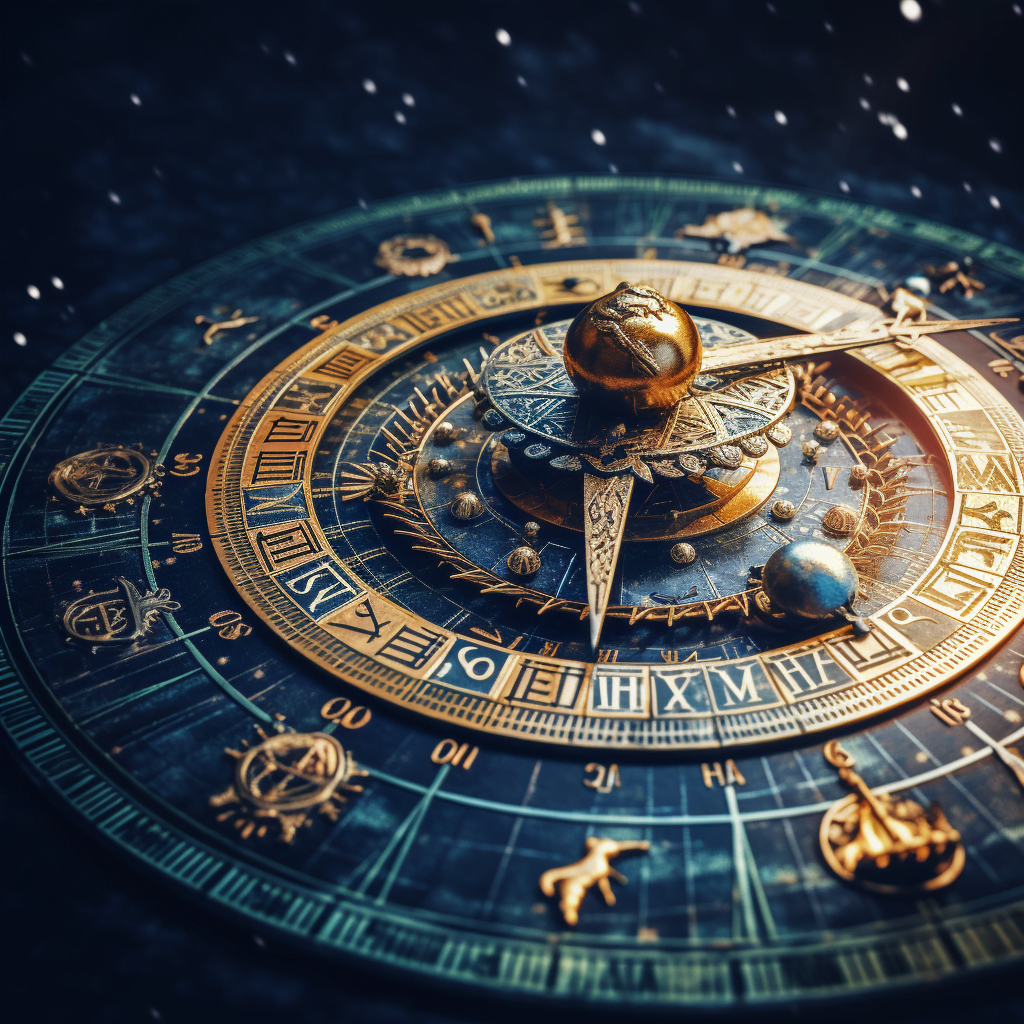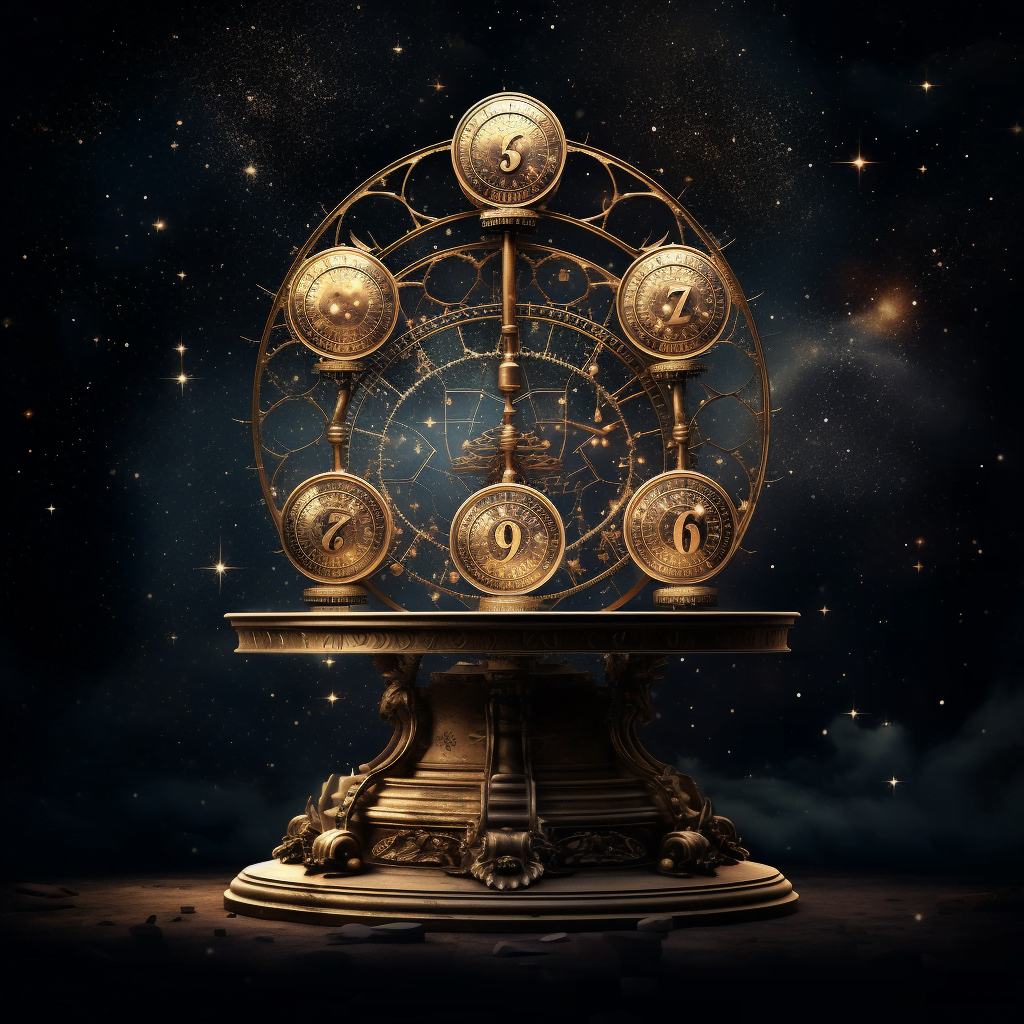In this article, you will explore the fascinating topic of psychological perspectives on astrology. Have you ever wondered what psychology has to say about astrology and its influence on our lives? Whether you are a firm believer or a skeptic, delving into the psychological aspects of astrology can provide valuable insights into why people find it so compelling. By examining the psychological motivations behind why individuals turn to astrology, we can gain a deeper understanding of its impact on our thoughts, behaviors, and relationships. So, let’s embark on this enlightening journey and discover the intriguing realm where psychology meets astrology.
Psychological Perspectives on Astrology
The Historical Context of Astrology
Astrology, a belief system that connects the positions of celestial bodies with human personality traits and life events, has a long and fascinating history. Originating thousands of years ago, astrology was closely intertwined with religion and philosophy in ancient civilizations such as Mesopotamia, Egypt, and Greece. During the Renaissance, astrology experienced a revival as scholars embraced it as a science. However, with the emergence of the scientific method, astrology gradually lost its credibility among the scientific community. Today, astrology continues to be practiced and believed by many, although its status as a science remains highly debated.
The Basics of Astrology
Astrology is founded on the premise that the positions of celestial bodies at the time of our birth influence our personalities, behaviors, and life events. To understand astrology, it is essential to familiarize oneself with a few key concepts. The zodiac, consisting of twelve signs, represents different personality traits and characteristics. Each individual is believed to possess a specific sun sign, determined by the position of the Sun at their birth. Additionally, astrology takes into account the positions of other planets and celestial bodies, such as the Moon and Mercury, to provide a more comprehensive understanding of an individual’s astrological profile.
Psychological Explanations for Astrology’s Popularity
One might wonder why astrology continues to attract a significant following despite its lack of scientific evidence. Psychology offers some insights into this phenomenon. Astrology provides people with a sense of meaning and purpose, offering explanations for their experiences and helping them make sense of the complexities of life. The desire for control and predictability can also explain astrology’s popularity, as it provides individuals with a framework to understand and navigate the world around them. Additionally, astrology allows for self-reflection and introspection, offering individuals an opportunity for personal growth and self-improvement.
The Concept of Astrology as a Belief System
Astrology can be viewed as a belief system, similar to religion or spirituality. It provides individuals with a sense of identity and belonging, allowing them to connect with others who share similar beliefs and values. Belief in astrology often involves a combination of personal experiences, anecdotes, and cultural influences, which provide individuals with a subjective sense of validation. By adhering to astrological principles, individuals can find meaning and purpose, enhance their self-understanding, and derive a sense of empowerment and agency over their lives.
Traits and Personality Types in Astrology
Astrology categorizes individuals into distinct personality types based on their zodiac signs. Each sign is associated with specific traits and characteristics. For example, Aries is believed to be confident, assertive, and competitive, while Taurus is seen as reliable, patient, and determined. While some may dismiss these categorizations as overly simplistic, they can serve as a starting point for self-reflection and understanding. Astrology provides individuals with a language to articulate their strengths, weaknesses, and tendencies, allowing them to explore their personality traits in a structured and relatable manner.
Astrology and Self-Perception
Many individuals find astrology helpful for self-perception and self-reflection. By examining their birth charts, which depict the positions of celestial bodies at the time of their birth, individuals can gain insights into their personality, motivations, and potential growth areas. Astrology offers a framework for understanding one’s strengths and weaknesses, providing individuals with a starting point for personal development. It also encourages individuals to embrace their unique qualities and to appreciate the diversity of personality traits present in society.
Astrology and Relationships
Astrology is often consulted to gain insights into compatibility and interpersonal dynamics. Many believe that certain zodiac signs are naturally compatible, while others may clash. By examining the astrological profiles of individuals in a relationship, astrologers attempt to identify potential challenges and areas of compatibility. While astrology can provide individuals with a language to discuss relationship dynamics, it is important to note that successful relationships require more than astrological compatibility. Effective communication, shared values, and mutual respect play critical roles in fostering healthy and fulfilling relationships.
Astrology and Decision-Making
Astrology may also factor into individuals’ decision-making processes. Some individuals consult astrology when making major life decisions, such as choosing a career, relocating, or entering into a committed relationship. Astrological guidance can help individuals understand potential challenges and opportunities that may arise in different situations. However, it is important to approach astrology as one of many factors to consider when making decisions, as it should not be solely relied upon. It is crucial to incorporate critical thinking, practicality, and personal values into the decision-making process.
Astrology and Mental Well-being
For many, astrology is a source of comfort and guidance, providing reassurance during challenging times. The belief that the celestial bodies influence our lives can offer solace and hope, particularly when individuals are faced with adversity and uncertainty. Astrology can serve as a form of self-care, encouraging individuals to prioritize their emotional well-being and navigate their experiences with a greater sense of purpose and understanding. However, it is important to strike a balance between seeking guidance and relying excessively on astrology for mental well-being. Professional support and evidence-based strategies should also be considered when addressing mental health concerns.
The Role of Confirmation Bias in Astrological Beliefs
One crucial aspect to consider when examining astrology is confirmation bias. Confirmation bias refers to the tendency to search for, interpret, and favor information that confirms preexisting beliefs. When individuals embrace astrology, they may selectively absorb and remember information that aligns with their astrological predictions, while dismissing or ignoring contradictory evidence. This cognitive bias can reinforce astrological beliefs and perpetuate a confirmation loop. Recognizing and challenging confirmation bias is essential for maintaining a critical and open-minded approach to astrology, allowing individuals to engage with it in a balanced and thoughtful manner.
In conclusion, astrology holds a significant place in many individuals’ lives, allowing for personal growth, self-reflection, an enhanced understanding of relationships, and an increased sense of purpose. While psychology may not validate the scientific basis of astrology, it acknowledges the psychological benefits it can offer. By approaching astrology as a belief system and recognizing the role of confirmation bias, individuals can engage with astrology in a way that fosters personal well-being and encourages critical thinking. Ultimately, the decision to embrace astrology lies in the hands of each individual, and understanding its psychological perspectives can contribute to a more nuanced and informed discussion on this ancient practice.



